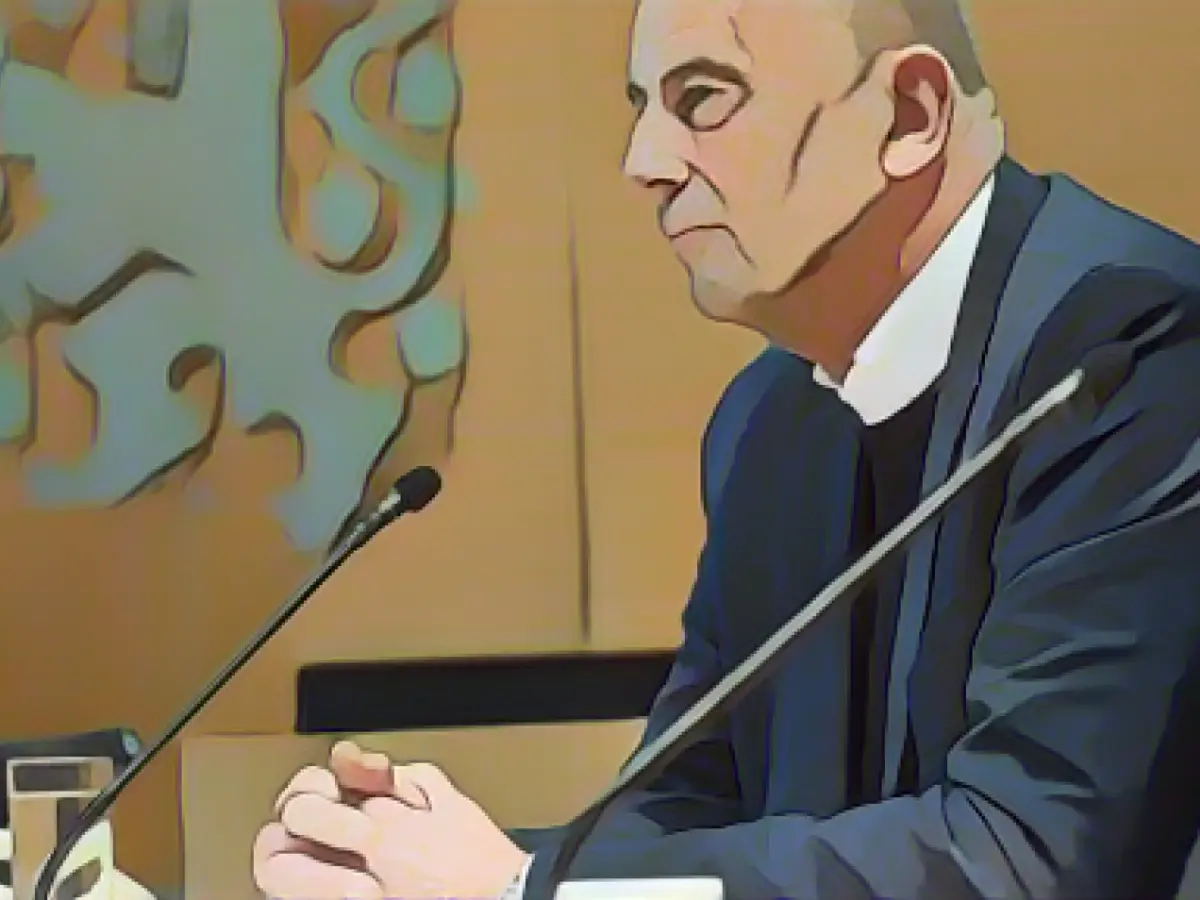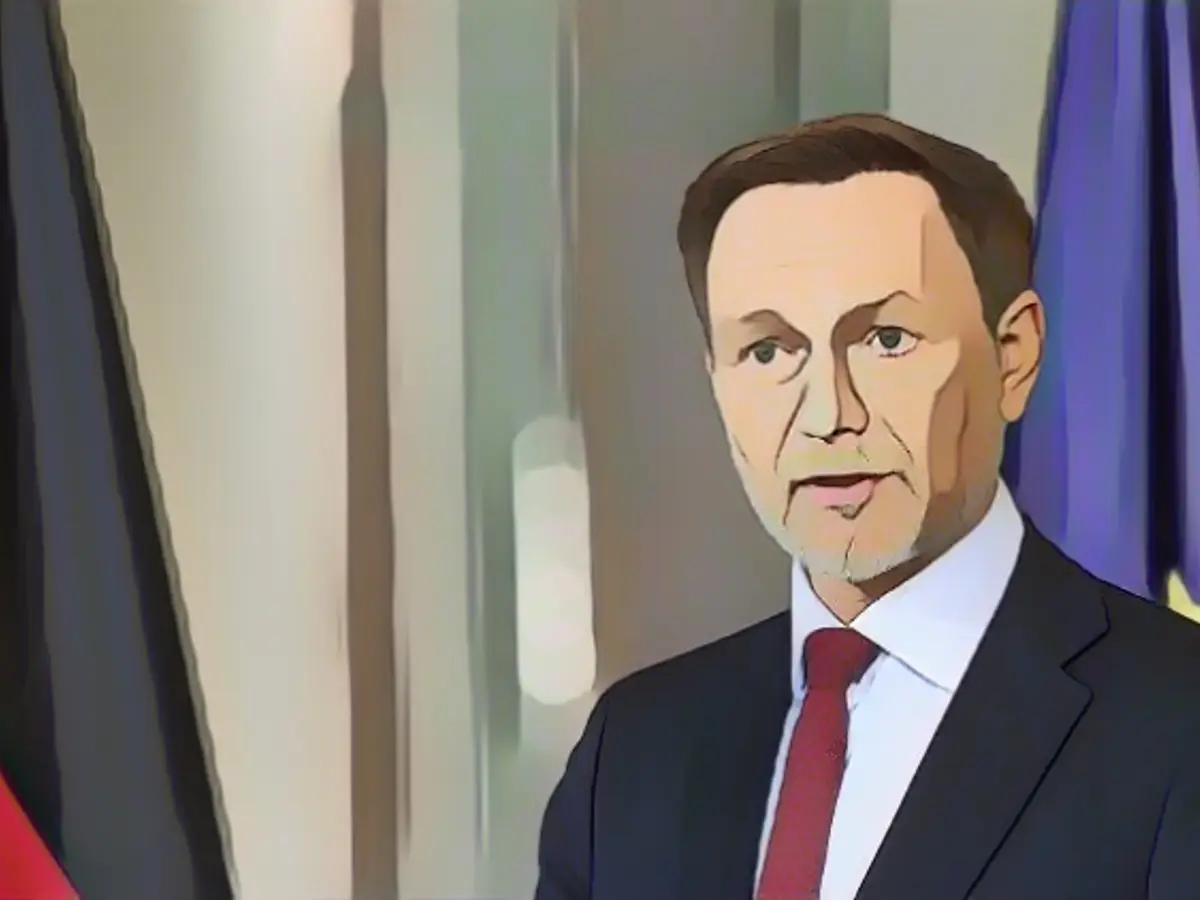Ministry of Economic Affairs Endorses Budget Freeze Decision
The Federal Ministry of Economics, under the leadership of Green politician Robert Habeck, has shown support for the budget freeze implemented by the Ministry of Finance. "This step aligns with the current situation's necessity," a ministry spokesperson explained to Reuters. This move aims to prevent any additional financial burdens in future fiscal years. "It's the right call under the current circumstances," the spokesperson added, while emphasizing the federal government's dedication to finding solutions.
The Finance Ministry imposed a budget freeze on all ministries on Monday evening, citing the German Federal Constitutional Court's ruling on the climate fund as justification. According to a letter shared with Reuters, the ruling necessitated a review of the overall budgetary situation. The Ministry of Finance further stated that existing liabilities would be honored, but no new commitments could be made.
The Federal Constitutional Court's ruling, announced on Wednesday, deducted €60 billion from the federal government due to the unconstitutional transfer of unused coronavirus loans to the climate fund. The government is now facing a shortage of funds. Furthermore, the court provided additional clarifications regarding the debt brake in the Basic Law and the legality of loans, which might impact the current budget and the 2024 budget.
The Finance Ministry's budget freeze is a direct response to the financial constraints confronting the federal government, as highlighted by the Federal Constitutional Court's ruling. The Ministry of Economic Affairs' endorsement of the freeze underlines the appropriateness of this decision in the current situation.
Enrichment Insights:
The Federal Constitutional Court's ruling on the Second Supplementary Budget Act 2021 has influential implications for the German federal government's budget. Here are the essential takeaways:
- Annulment of the Budget Act:
- The court invalidated the Second Supplementary Budget Act 2021, effectively eliminating €60 billion in credit authorizations. These funds can no longer be utilized for the budget or other special funds.
- Impact on Special Funds:
- The decision affects various federal-level special funds, such as the Reconstruction Fund, necessitating a reassessment of the overall budgetary situation from a fiscal perspective.
- Increased Legal Certainty:
- The application of the debt brake is now clearer, particularly with regard to exceptions, halting the accumulation of credit authorizations "in reserve" and restricting special funds' constitutional and political roles.
- Political and Fiscal Consequences:
- The ruling has led to policy prioritization decisions, making it more challenging for political parties to manage budgets and make fiscal decisions.
- Future Budget Planning:
- The decision forces the government to develop a supplementary budget for 2023 and significantly cuts the budgets of ministries led by the SPD and the Greens. Consequently, this has led to a severe budgetary and political crisis, resulting in the ruling coalition's collapse in November 2024.
- Election Campaign Implications:
- The debt brake remains a vital issue in the German election campaign. The future coalition will determine its significance and the potential for reforming the instrument, like lowering the debt brake threshold to 0.15% of GDP.
The Ministry of Finance's budget freeze response to the Trump administration's move to freeze federal aid payments in the United States is not directly related to the German Federal Constitutional Court's ruling. However, both instances demonstrate the importance of fiscal discipline and the need for a solid legal framework in managing public finances.








